History of ISLAM in Nigeria
History of islam in Nigeria - how many years does it number? It is worth bearing in mind the importance of historical development of Islam in Nigeria, so read the article.
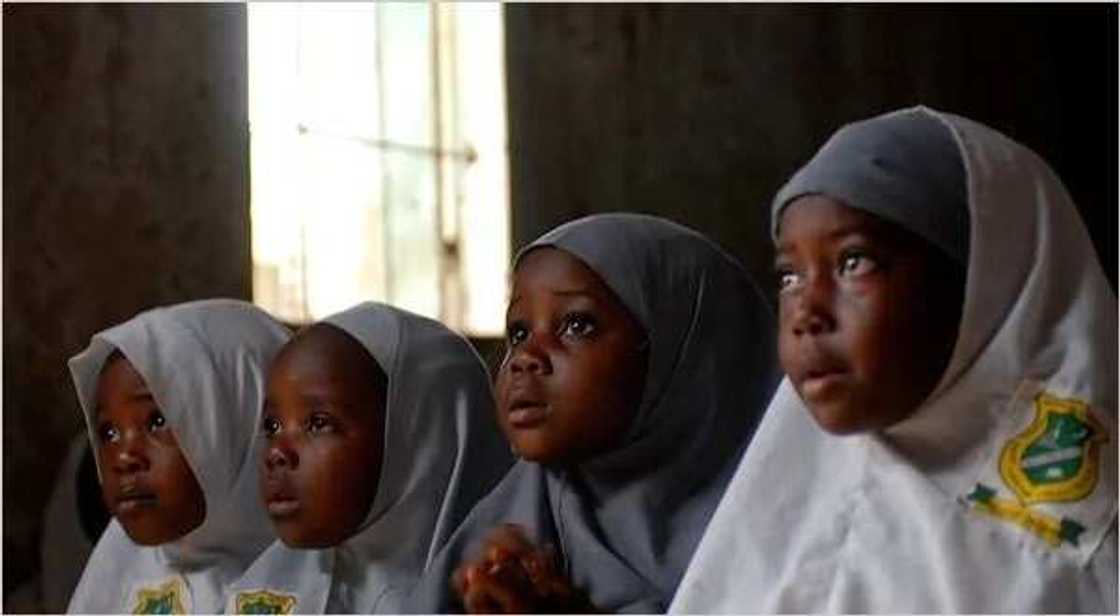
Source: UGC
Religion in Nigeria
About 55% of the population are Muslims, 40% are representatives of Christianity (the majority consists of Protestants), about 5% of Nigerians adhere to traditional African beliefs (animism, fetishism, the worship of ancestors and forces of nature). Islamic movement began in the 12th century AD during the existence of the centralized state Kanem-bornu (present-day Northern Nigeria).
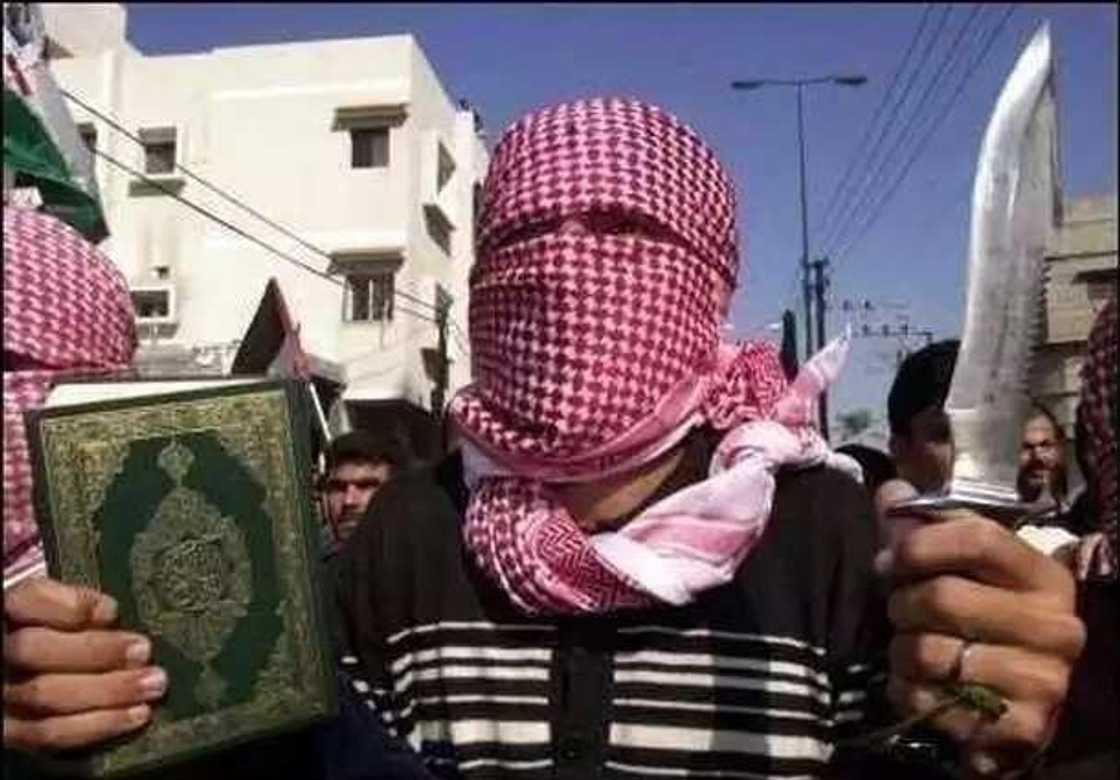
History of islam in Nigeria
First major centralized state in Northern Nigeria was Kanem-bornu, the occurrence of which belongs to the late 8th century A. D. To the 15th century in Nigeria was strengthened Islam, it was brought here through the desert traders-Muslims. Since the 12th century, all rulers - were Muslims. The influence of Islam affected the management system and legal proceedings, and also contributed to the creation of the Muslim elite.
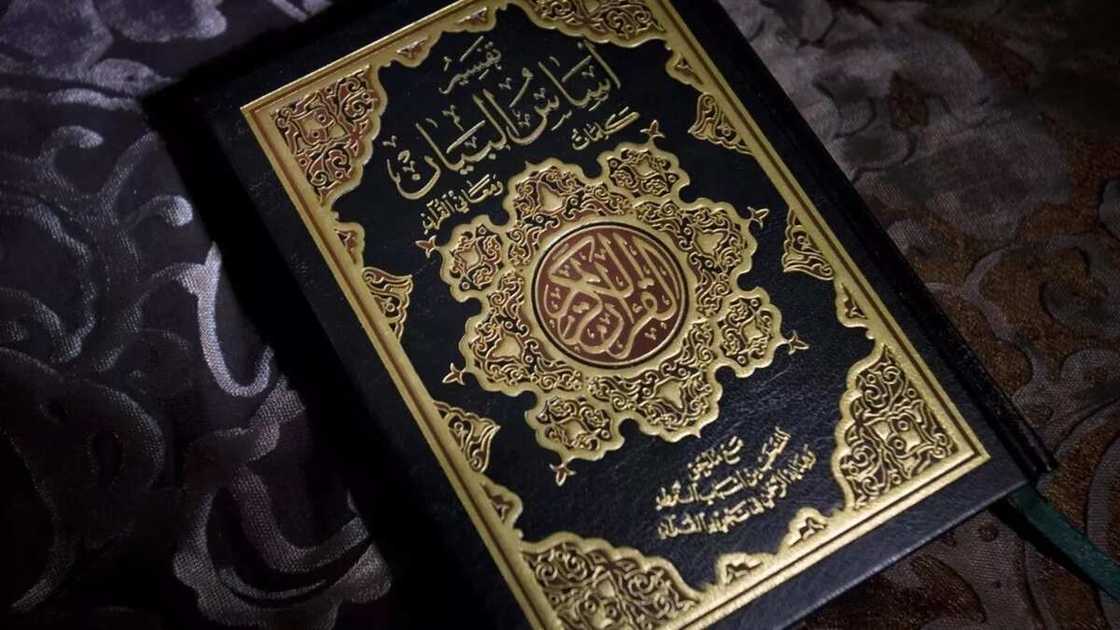
Hajj
Every year about 100 thousand pilgrims from Nigeria to make Hajj. The Nigerian government claims that authorities are doing everything possible to ensure the comfort of piligrims and help in committing their sacred duty. The Nigerian government every year pays off 25% of the cost of Hajj. In addition, thousands of pilgrims, who are unable to pay for the spiritual journey, go to Hajj at the expense of the government. Trying to repeal the law on subsidising Hajj, the government is faced with such determined resistance, this idea was abandoned.
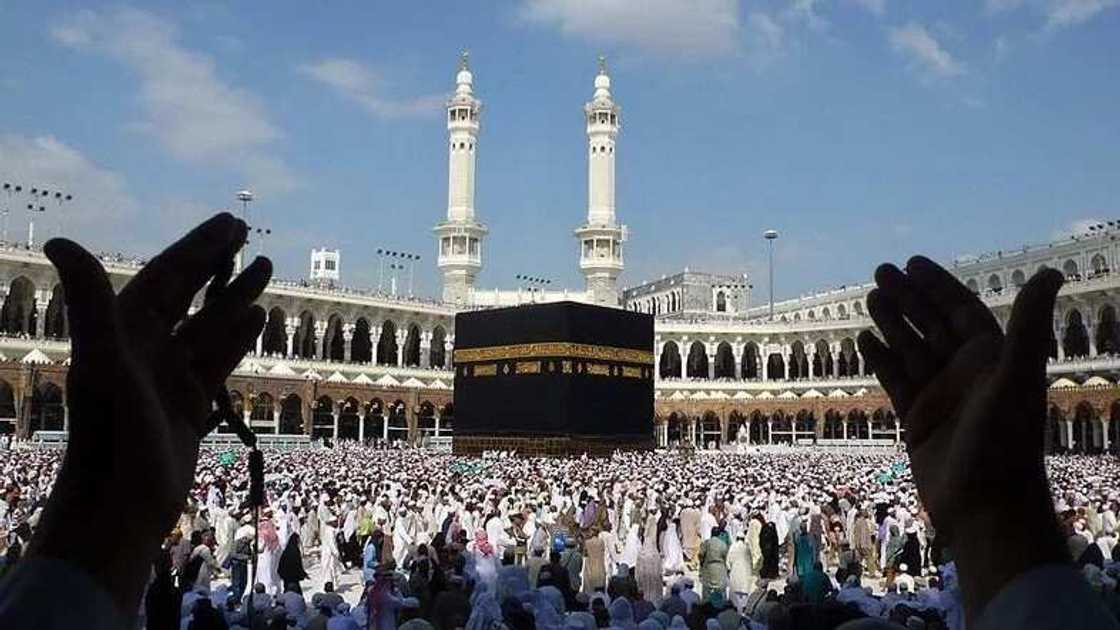
The splitting line North—South OR impact of Islam in Nigeria
In Nigeria, one of the world's largest oil traders, the main interdenominational line breaks the territory of the country from North to South. In 1960, Nigeria, which at that time belonged to great Britain, gained independence. During the long period of colonial years were artificially created all the conditions for inter-ethnic tensions. Full-scale inter-ethnic and inter-religious conflicts have led to Civil war in 1967-1970 years and installed a brutal military dictatorship.
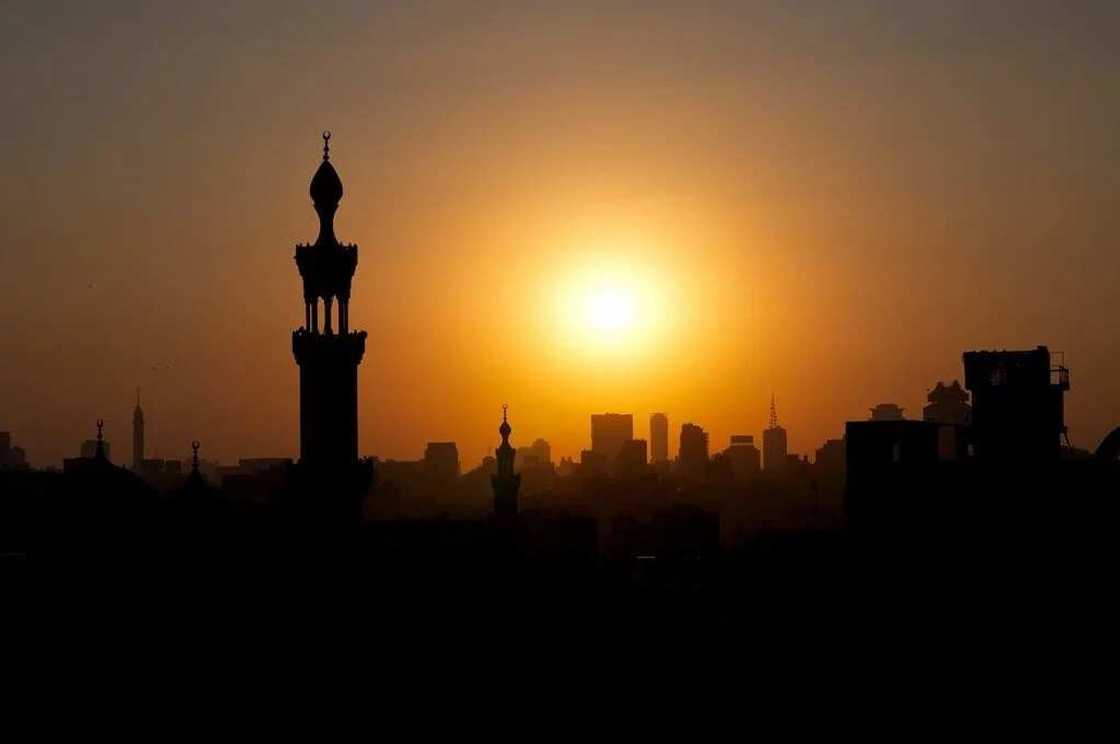
1. In the late 1990s in the country deteriorated interethnic and interreligious conflicts.
2. In 1999 there were clashes between ethnic groups, itsekiri, urhobo and ijaw, which killed about 200 people.
3. In 2001, these conflicts have claimed the lives of nearly a thousand people in 2004, killing about seven hundred people.
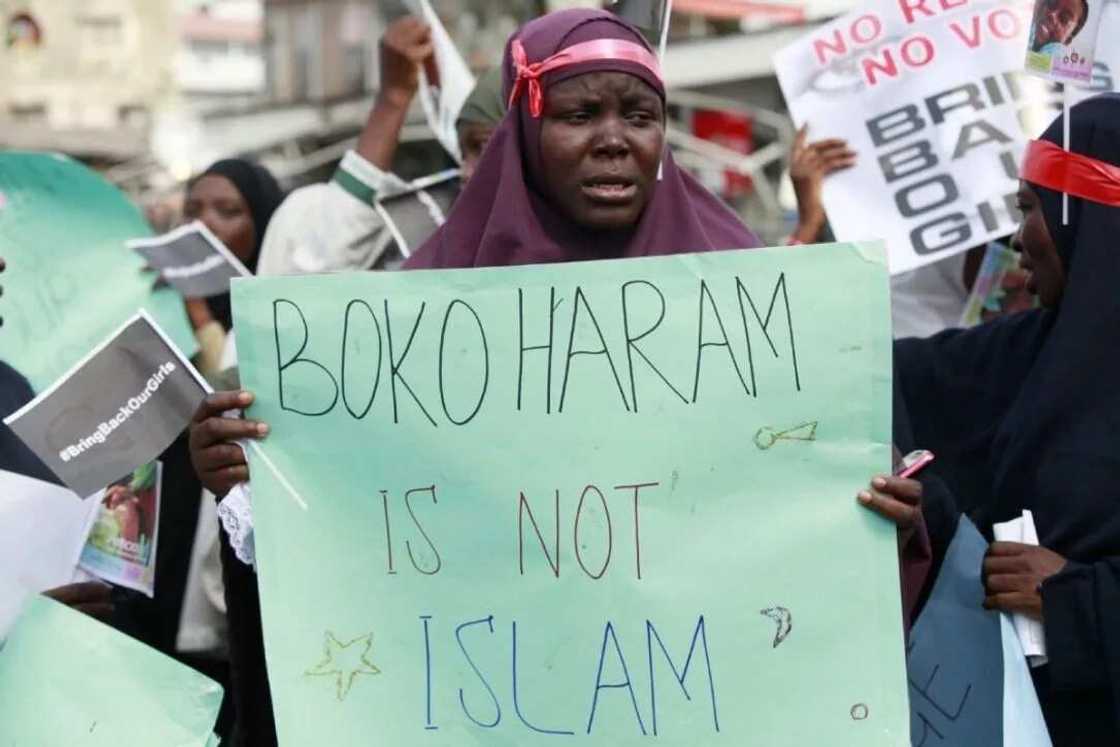
4. In 2006, there were clashes between Muslims and Christians in Nigeria that killed more than 100 people.
5. In November 2008 300 people were killed, the reason for the massacre was a victory in the local elections of the Muslim party. Bloody clashes in Nigeria occurred in 2010.
6. On the 16th of January 2011 there were new sectarian clashes between the Muslim and Christian communities in Jos, located in Central Nigeria.
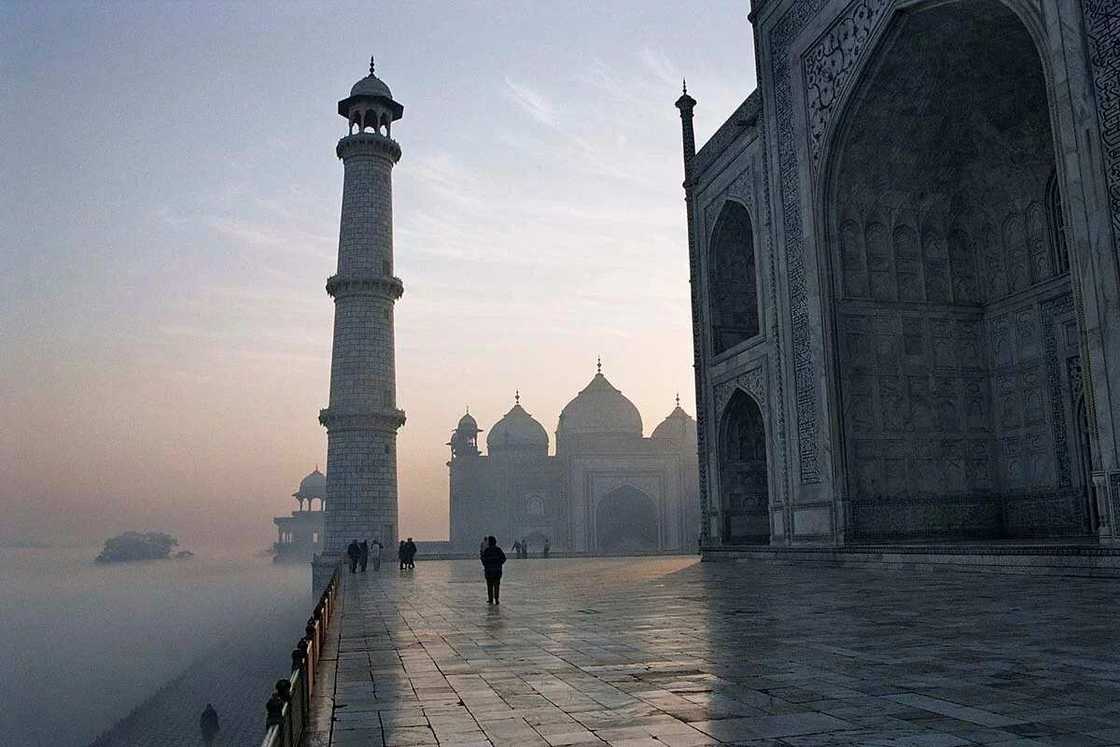
In the main mosque for later burials over 150 bodies of killed during violent acts were collected. It is not excluded that there could be more dead people. The situation in the city was extremely tense. In addition to the many people killed, hundreds were injured. Damaged buildings, part of which was burned by aggressive rioters. About five thousand local residents left their permanent places of residence for fear of violence. The causes of the conflict from both warring sides are different. According to one version, the conflict occurred because of the unwillingness of some to live next door to "alien" Muslims. A few times the start of the conflict situations was given after a series of offensive attacks against Islam on the part of some missionaries-preachers.
READ ALSO: Corruption in Nigeria aiding Boko Haram insurgency - Report

Corruption, poverty, economic and social problems and religious contradictions - act as a catalyst, and in the end it all comes to bloodshed. The roots of religious conflicts - artificial and controlled from the outside. In Northern Nigeria, where Islam is widespread, the Western Protestant colonists founded their settlements and arranged a farm on the territories of the Muslim communities. Support is provided to them by the Nigerian military and official authorities, who took a Pro-Western course. All this contributes to the escalation of tension in the country. In turn, the world of Islamic scholars is never tired of calling for ethnic and religious peace and good-neighbourly relations.

In 2010, the head of Libya Muammar Gaddafi proposed to divide Nigeria into two States, Christian and Muslim - to end inter-religious violence in the country. The Libyan leader called on to divide the country on the model of the separation of Pakistan from India in 1947. Lagos would be the capital of the Christians in southern Nigeria, and Abuja - the capital of Muslims in the North. But in response, the Ministry of foreign Affairs of Nigeria, announced the recall of its Ambassador from Libya.
Islamic Sharia law in Nigeria

In the 1990s the situation in Nigeria was very difficult, and in search of ways of its normalization, the vast majority of the population of the Northern States of Nigeria has initiated the introduction of Sharia in the Northern States.
In 1999, Sharia law was introduced in one of the Nigerian States for the first time. In some States (mostly in the Northern), there are Sharia courts which are in charge respectively of cases involving Islamic law or customary law (the courts of chiefs). Sharia law is only provided for Muslims, Christians and animists apply customary law.
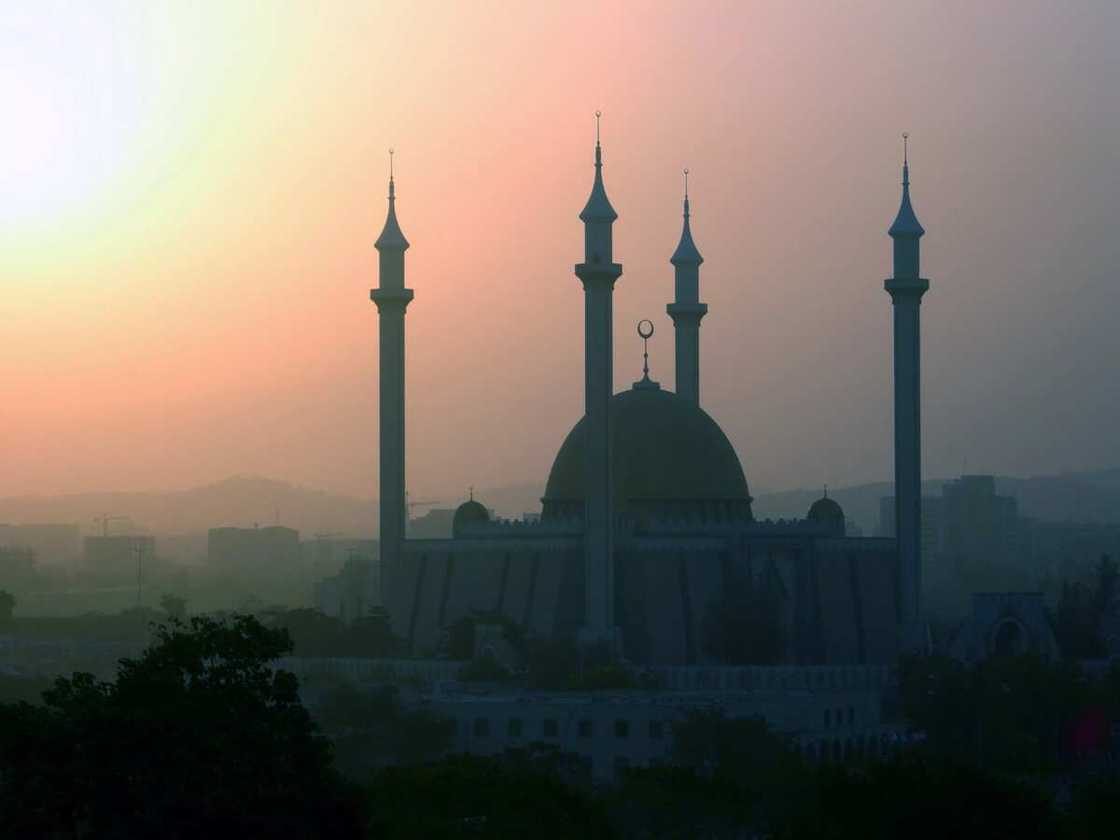
The introduction of the Sharia has become a convenient pretext for the prosecution of Muslims in provoking inter-religious conflict, and violation of the Constitution. The world's media and especially the US, tried really hard not to put in the best light Nigerian Muslims who want order in the country.
Against this background, the approval of Muslim leaders of Nigeria that Sharia is today actually the only real shield that can protect the country from the AIDS epidemic and the repetition of the fate of Uganda and South Africa, a huge part of the non-Muslim population which is HIV-infected, remained without attention of the government and the forces supporting them abroad.
History of Islamic education in Nigeria
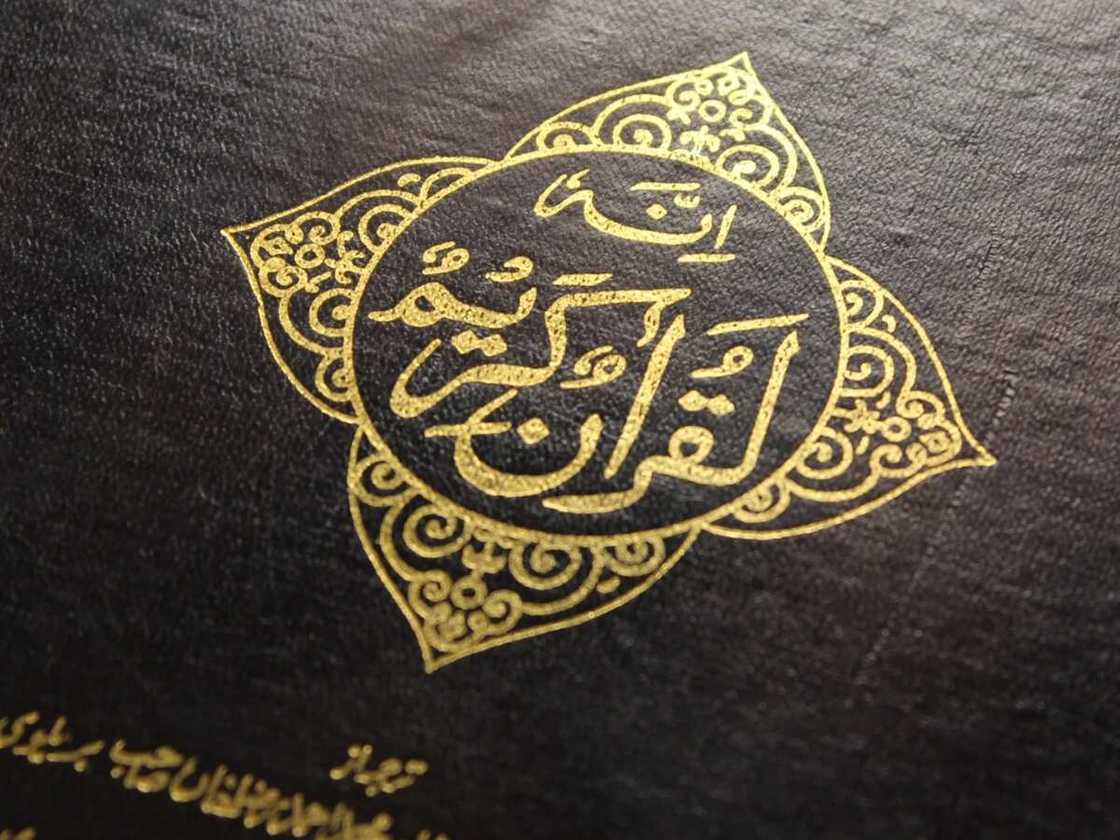
For Muslims living in non-Islamic countries, one of the main problems in the education of full Islamic community, the transmission of Islamic knowledge to their children. It can't be said that this problem is completely solved, even in countries in which there is a Muslim community which has achieved the greatest results and success in building Islamic infrastructure.
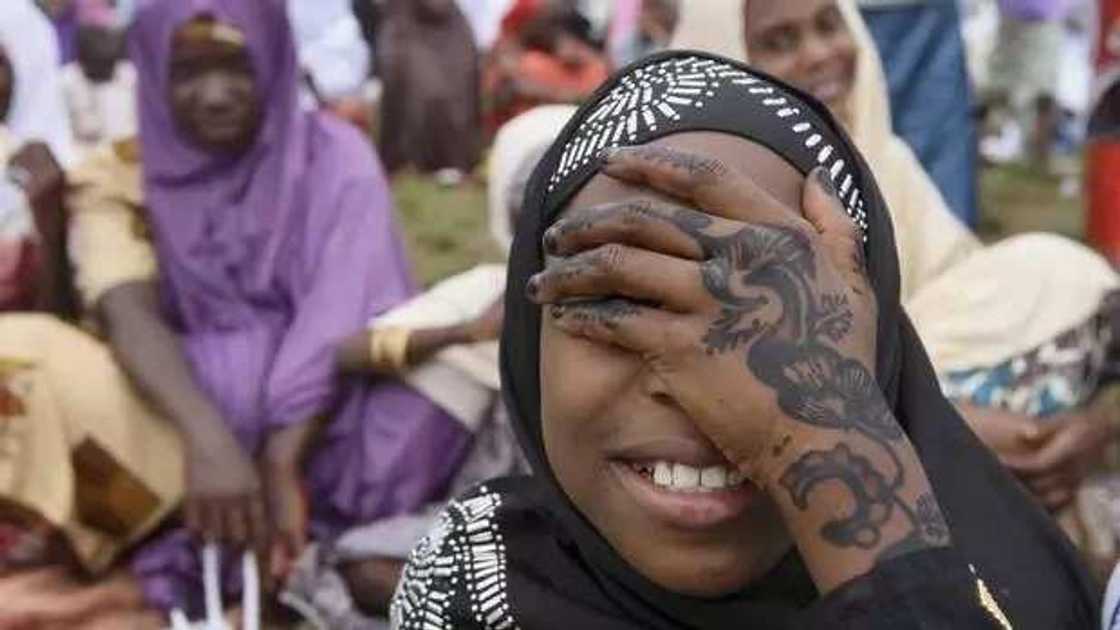
Muhammadu Buhari is to introduce Islam in the public secondary education. However, the teachers believe that this is the first step in combating discrimination of Islamic Sciences. In many schools there are even teachers for Islamic studies, for example in Lagos state.
President Buhari invited the Federal schools to adopt two textbooks, written by famous Sambo Bashir. By the way, one of the books of the scientist is — "The Quran and its Tafsir".
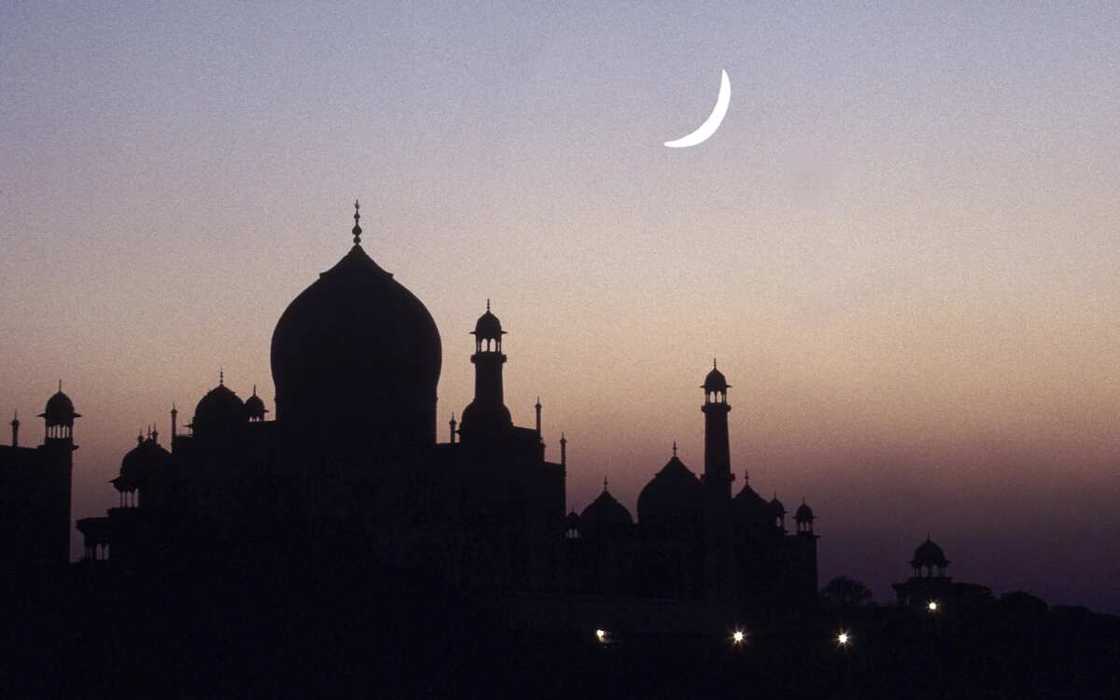
The President also expressed the opinion that the revival of teaching of the Islamic Sciences is of paramount importance in the background of the decline of morality and religious values in the country.
READ ALSO: Pastor and 14 other Christians allegedly convert to Islam in Kwara state
Meanwhile, Muslim teachers, and organizations are cautioned that this measure is insufficient to fill the gap that emerged during the years of neglecting Islamic education.
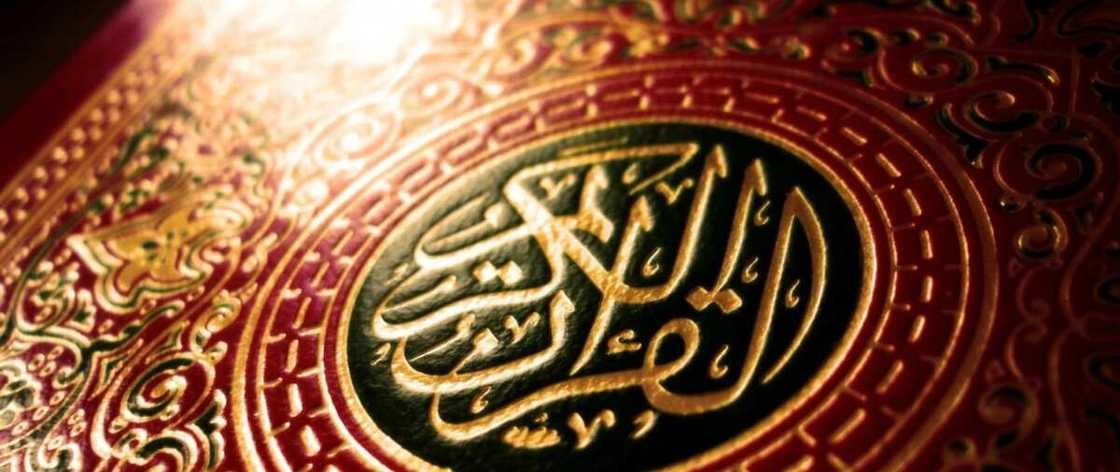
We need to tell the truth: only legislative measures and strict control in the implementation of the state anti-discrimination policy will provide equal educational opportunities in public schools, unable to resist the forces that continue to suppress the collective desire of Muslim parents and to deprive children of education in accordance with clear Islamic ideals.
He also stressed the need for substantial investment to improve educational infrastructure, training and promotion of teachers of Islam.
Source: Legit.ng


